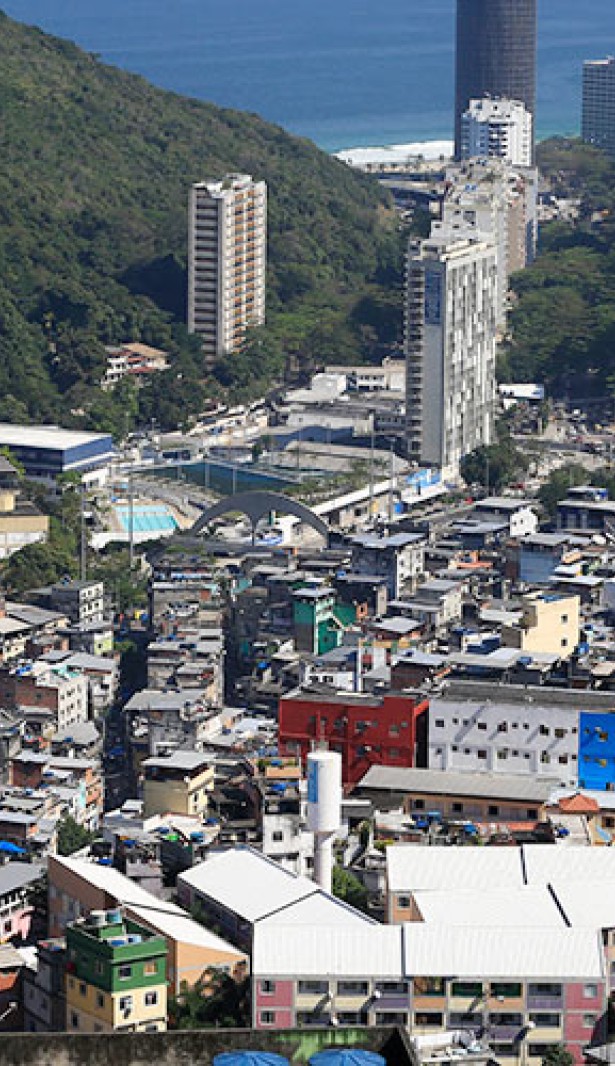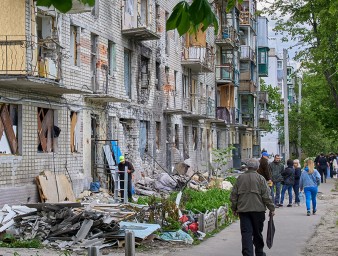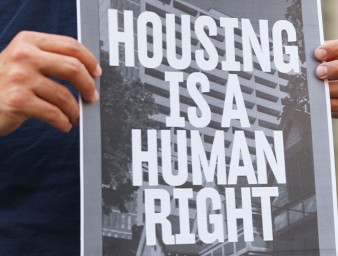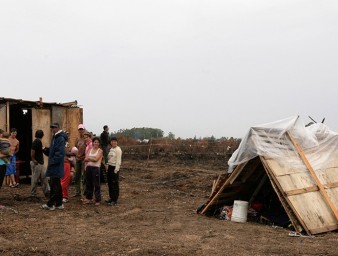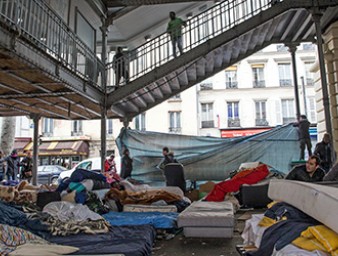"Housing is a human right, not just a commodity."
22 March 2019
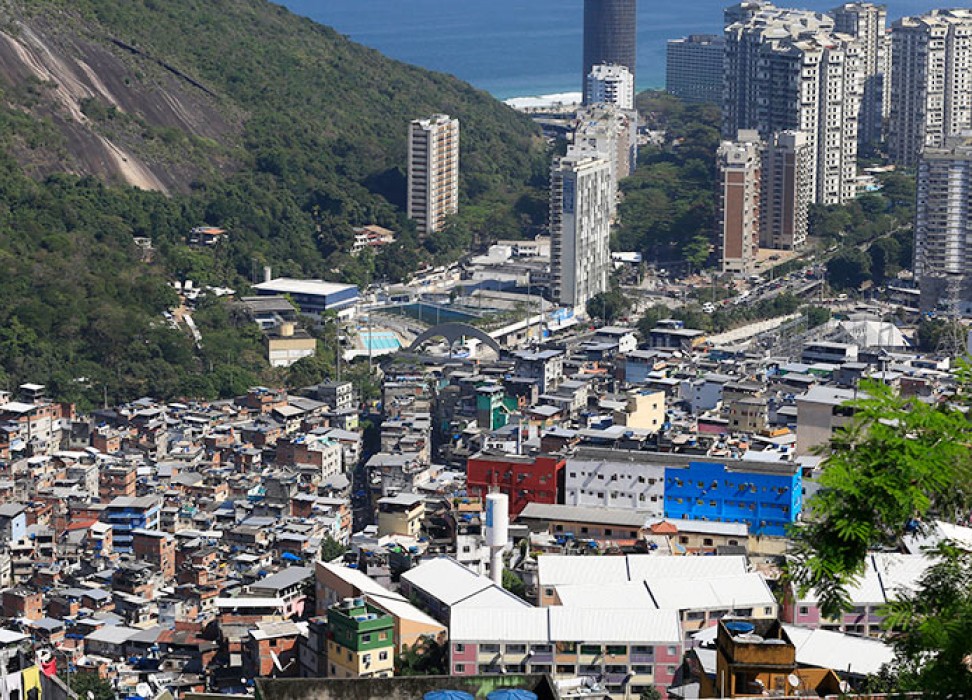
For Leilani Farha, housing is the 21st Centuries’ biggest battleground.
The UN Special Rapporteur on adequate housing says a worldwide housing crisis is being fuelled by financial speculation that is pushing affordable rents or homeownership out of the hands of many, especially in cities.
"Under the new financialised model, housing isn’t viewed as a home or a place where families grow, a place where you generate memories. Housing is an asset. It’s a place to park capital," she said.
To challenge this, Farha, along with the UN Human Rights Office, and United Cities and Local Governments (a world wide network of cities), have embarked on The Shift initiative. The Shift is a worldwide movement to reclaim and realize the fundamental human right to housing, said Farha. The initiative works with local governments, NGOs, and individuals, to shift the current discourse on housing as a place to park capital and make returns, back to housing as a fundamental human right.
"What we’re trying to do is build a global movement that’s multi-stakeholder – where all involved believe that housing is a human right and want to reclaim housing as a human right," she said.
UN Deputy High Commissioner for Human Rights Kate Gilmore says cities can be dehumanising to citizens, and housing can either contribute to this or reverse it. She called for an intentional urbanization aimed at eliminating inequalities and discrimination, a priority for decision makers in the field of housing.
"We are speaking of a major shift that needs to occur, a shift from housing as an instrument of urban planning to an understanding that housing is a fundamental right because it is the infrastructure for humanising and dignifying the lives of people around the world," Gilmore said in a message at the launch of The Shift in Barcelona in November 2017.
Housing as a money maker
Housing is a commodity, and pension funds and financial institutions are increasingly investing in it to increase their profits, Farha said. According to Farha, residential real estate is the biggest business in the world, with values of US$163 trillion – tantamount to three times the entire world’s gross domestic product. Here housing is a place to park and grow that capital for shareholders.
And how is that capital increased? Through escalating rents and prices, Farha said. She pointed out that some financial companies swoop into what they deem to be "under-valued" areas, buy up housing stock, make minimal repairs and then increase rents at a rate tenants cannot afford.
"This does not benefit the tenants whose incomes remain fairly stable. That’s why this is a human rights issue, because of course, the right to housing is about security and housing that is affordable to people who are trying to live in that housing."
The consequences are dramatic. People are displaced far from their places of work and social networks. Families are evicted because they cannot cover monthly rents or pay back their mortgages. And many are left with literally no place to go. In most countries there has been a marked increase in homelessness.
Farha said there are things individuals can do to shift housing back into the human rights arena. For example, those contributing to a pension fund should look to see where that money is going and make it clear that they do not want their money invested in real estate transactions that privatize social housing stock or that result in unaffordable rents and evictions.
"That’s done with respect to environmental issues…where we’re asking pension funds not to invest in things that are bad for the environment," she said. "We can do the same thing for housing."
22 March 2019
